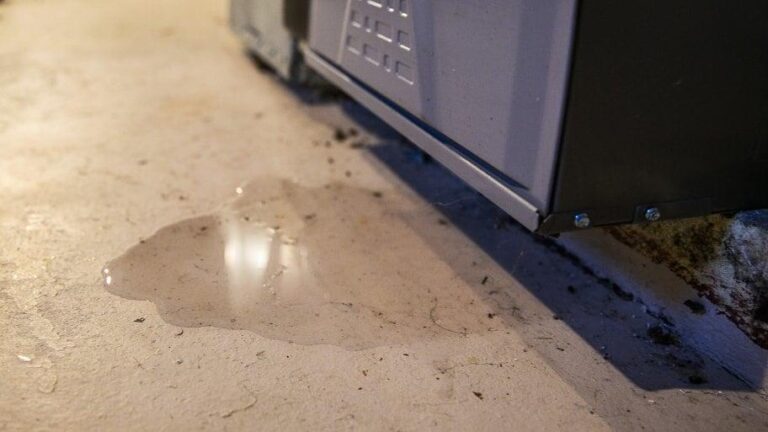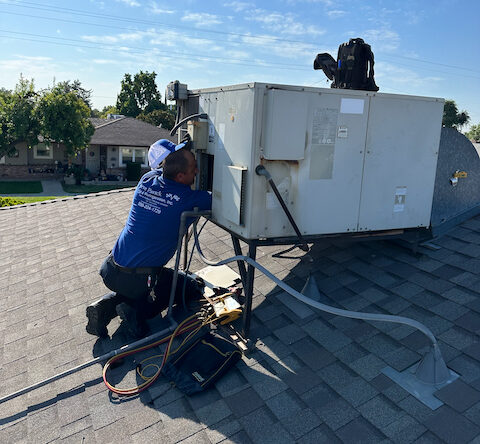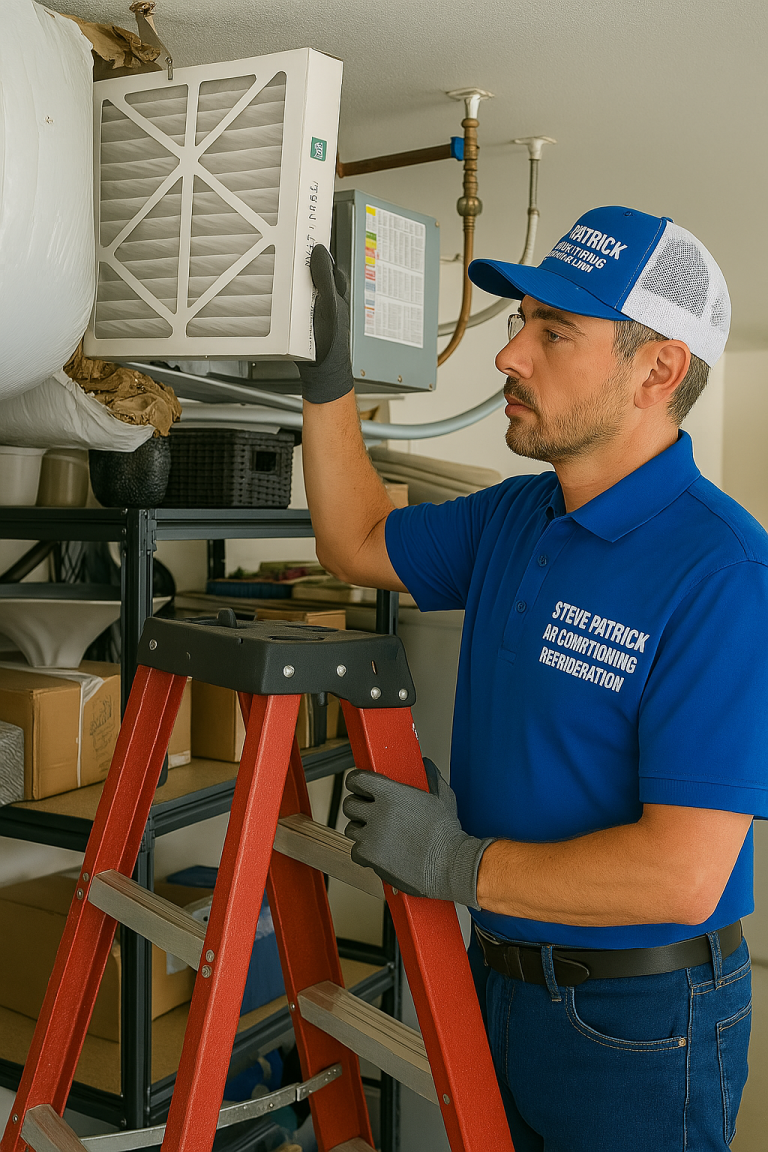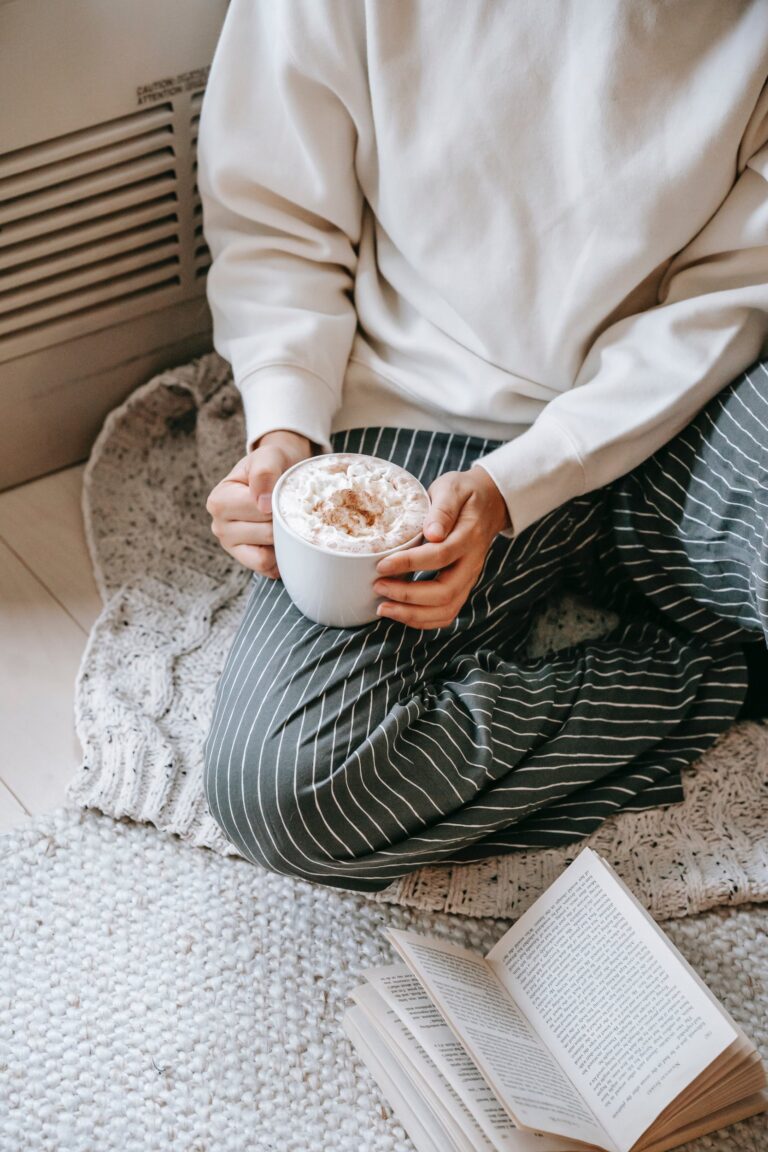Indoor air quality is affected as the seasons change, impacting how you use your HVAC system. From summer heat to winter cold, your HVAC system ensures comfort in your home. Without proper maintenance, it can become unreliable, costly, and inefficient. To keep it running smoothly, seasonal cleaning and maintenance are essential, ensuring reliable performance throughout summer and winter. In this blog, we’ve compiled some key seasonal HVAC maintenance tips to help you maintain year-round comfort in your home.
How to Improve Indoor Air Quality in Your Home
Open Your Windows
Improving indoor air quality is easy—start by letting in fresh air daily for a few hours.
Invest in Air Purifiers
Air purifiers can effectively eliminate harmful particles from your home’s air.
Use Natural Cleaning Products
Replace chemical-based cleaners with natural alternatives to protect your indoor air quality.
Avoid Smoking Indoors
Smoking inside releases pollutants that severely impact air quality and health.
Dust and Vacuum Regularly
Clean regularly to remove dust and allergens that compromise air quality.
Choose Low VOC Paints
Use low or zero VOC paints to prevent indoor air pollution.
Monitor Humidity Levels
Maintain indoor humidity between 30-60% to avoid mold and respiratory issues.
Use a Range Hood While Cooking
Cooking releases pollutants—use a range hood to keep air clean.
Let Carpets Air Out
After cleaning carpets, ventilate the area to prevent pollutants from getting trapped.
Schedule Regular HVAC Maintenance
Regular HVAC maintenance is crucial for reducing indoor air pollution.
Opt for Natural Fibers in Bedding and Furniture
Choose natural materials like cotton or wool to avoid releasing chemicals into the air.
Keep Indoor Plants
Indoor plants naturally filter pollutants like benzene and formaldehyde.
Use Bathroom Exhaust Fans
Turn on the exhaust fan while showering to reduce indoor pollutants.
Store Chemicals Properly
Store household chemicals securely to prevent harmful fumes.
Test for Radon
Test your home for radon, a potentially dangerous gas.
Change Air Filters Regularly
Replace air filters to ensure effective pollutant removal.
Keep Pets Clean
Bathe pets often to minimize dander and improve air quality.
Wash Bedding Often
Clean bedding frequently to remove trapped allergens.
Avoid Scented Candles and Air Fresheners
Switch to natural options like essential oils instead of chemical-based scents.
Use a Dehumidifier
Lower humidity to reduce mold and mildew growth.
Opt for Natural Pest Control Methods
Avoid chemical pest controls to protect air quality.
Don’t Idle Your Car in the Garage
Even with the garage open, car fumes can pollute the air.
Select Low-Emitting Building Materials
When renovating, choose materials that emit fewer pollutants.
Ensure Proper Ventilation
Keep your home well-ventilated for consistent air quality.
Install Carbon Monoxide Detectors
Install detectors to alert you of this dangerous, odorless gas.
Taking care of your indoor air quality is essential to ensuring that you and your family are breathing in clean air. By taking simple steps like opening your windows, switching to natural cleaning products, and investing in air purifiers, you can make a big difference in the quality of the air in your home. Steve Patrick Air is here to help you with all of your indoor air quality needs, so don’t hesitate to reach out for assistance. Here’s to breathing easy!
Follow us on Facebook.
Learn more about financing options here.






